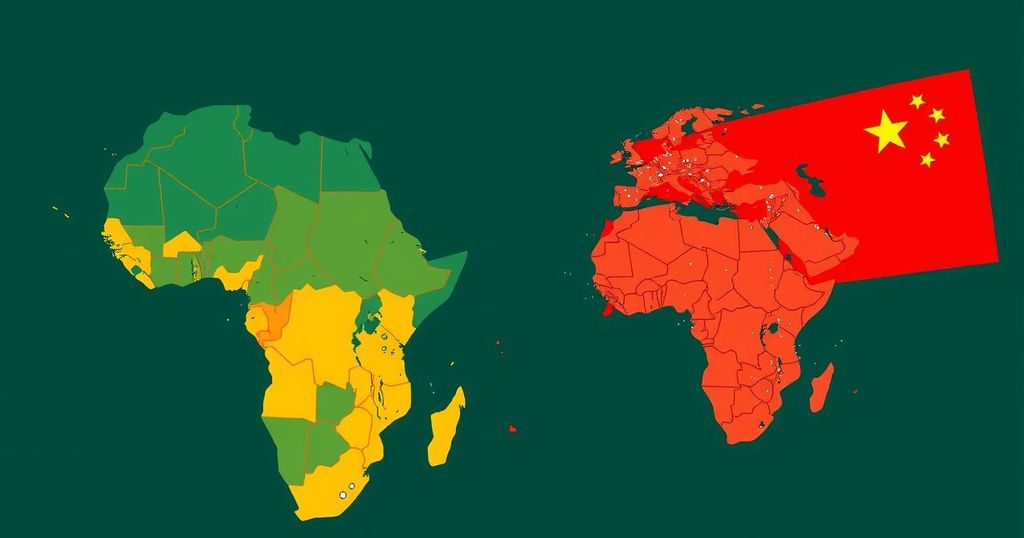China’s Communist Party Leverages Party-to-Party Ties to Strengthen African Relations

Since the end of the Covid-19 pandemic, China’s Communist Party has engaged over 100 African political parties to strengthen political and economic ties, continuing a tradition of support and collaboration established during Africa’s independence movements. Notable partnerships exist with parties in countries like Namibia, South Africa, and Zimbabwe, while completely avoiding eSwatini, which recognizes Taiwan.
In the aftermath of the Covid-19 pandemic, the Communist Party of China (CPC) has actively sought to revitalize its political and economic relations with Africa by engaging with over 100 political parties across the continent. These engagements, occurring through virtual and in-person meetings both within China and throughout Africa, aim to reinforce ties that have been long established, particularly with parties in countries such as Namibia, South Africa, and Zimbabwe. Historically, the CPC has provided support to these movements during their independence struggles, creating a foundation for enduring partnerships that continue to thrive today. Despite the extensive relationships, the CPC’s engagement does not extend to eSwatini, due to the country’s recognition of Taiwan. The Chinese Communist Party’s commitment to fostering bonds through joint training initiatives and ideological exchanges demonstrates its strategy of using party-to-party ties as a crucial aspect of its broader diplomatic and economic outreach in Africa. This approach underscores China’s intent to strengthen its influence and cooperation across the region by emphasizing shared political ideologies and collaborative development efforts.
The significance of party-to-party relations in China’s foreign policy is particularly evident in its dealings with Africa. Historically, the CPC has targeted political parties in Africa as critical partners in achieving mutual objectives. This strategy not only solidifies China’s presence on the continent but also enhances the political legitimacy of the political parties involved. By linking party ideology and governance models, China seeks to cultivate a network that supports its geopolitical aspirations while fostering economic dependencies through trade and investment.
In summary, the Communist Party of China’s enduring relationships with African political parties exemplify a strategic approach aimed at enhancing political and economic ties on the continent. The ongoing engagement, especially in the wake of the global pandemic, signifies China’s commitment to reinforcing its influence and building partnerships that align with its broader political objectives. Through party-to-party collaborations, the CPC seeks to navigate the complex political landscape of Africa while fostering mutual development initiatives.
Original Source: www.scmp.com








